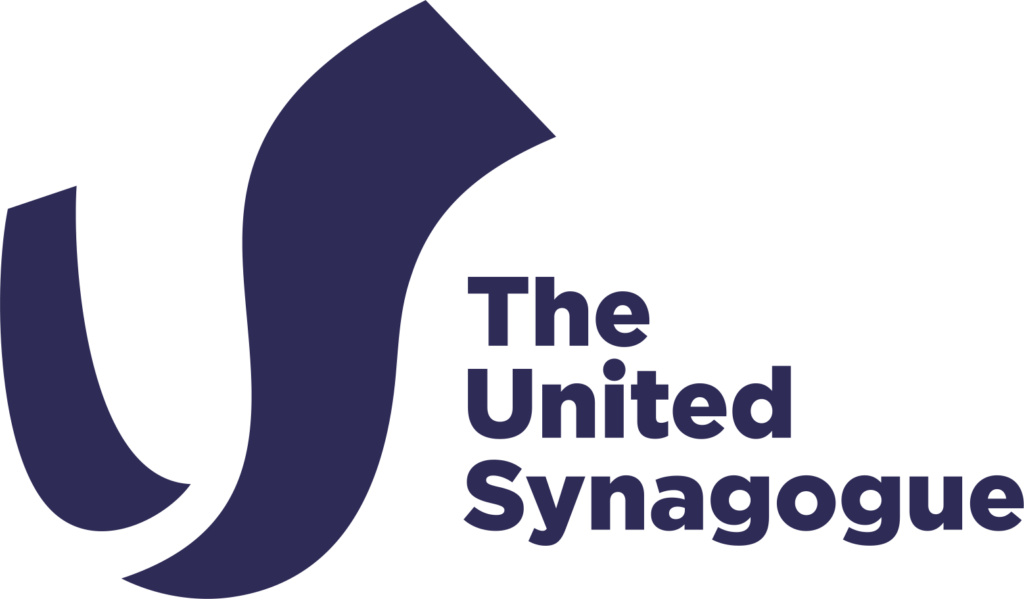By Rebbetzen Rachie Lister, Edgware United Synagogue
On Yom Kippur afternoon, the haftarah that we read is the Book of Yonah (Jonah). Yonah was commanded to preach repentance to Ninveh. Instead, he boarded a boat to travel out of Israel and away from God’s Presence, based on his (mistaken) understanding that he would not receive prophecy outside of Israel.
In the first chapter, we read that God trapped the boat in a mighty storm and the non-Jewish sailors cast lots to determine on whose account they were in danger, as was their practice. On learning that Yonah was the root of the trouble, they quizzed him, asking him four questions (verse 8): “What do you do? Where are you from? What is your land? Of what people are you?” Yonah’s reply (verse 9) seems strangely terse: “I am a Jew and I fear the Lord God of the heavens, Who made the sea and the dry land.” Why did Yonah not answer all the questions?
Furthermore, we might ask why his answer made such an impression on his fellow passengers. They did not dismiss him as a crank. Instead they were awestruck, and asked him for advice. Such was their respect for him, they even risked their lives to try to get back to dry land to rescue him (verse 13). How did Yonah exert such tremendous influence with so few words? The power of Yonah’s reply was its overarching simplicity. His declaration of his Jewish identity and faith answered all their questions.
What does he do? He is Jewish and he does ‘Judaism’. Details of profession, income and social status are dwarfed by this one mighty mission that encompasses all of life.
Where is he from? He is Jewish and as such he is sent by God to be a light to the nations of the world.
What is his land? He is Jewish so his land is Israel. Even when he leaves it, he still considers it to be his home.
What is his nation? He is Jewish so his people are Jewish, even when he engages with non-Jews.
In this tiny fragment of text, we learn how to face up to an accusatory world. The sailors blamed Yonah for their calamity, but even in this desperate situation the grandeur of his mission and his destiny made an impact on them.
As we eavesdrop on this conversation with Yonah, we can resolve to give our Jewish identity renewed focus and meaning on Yom Kippur. Like Yonah, we too should strive to regard our Jewish identity as the very definition of our careers, origins, homeland and national allegiance.
Like Yonah, we too can resolve not to hide away from our calling and responsibilities as Jews. We can build within ourselves the confidence to proclaim our calling as committed, passionate Jews, even in the midst of the most threatening circumstances, steadfast in our resolve.

